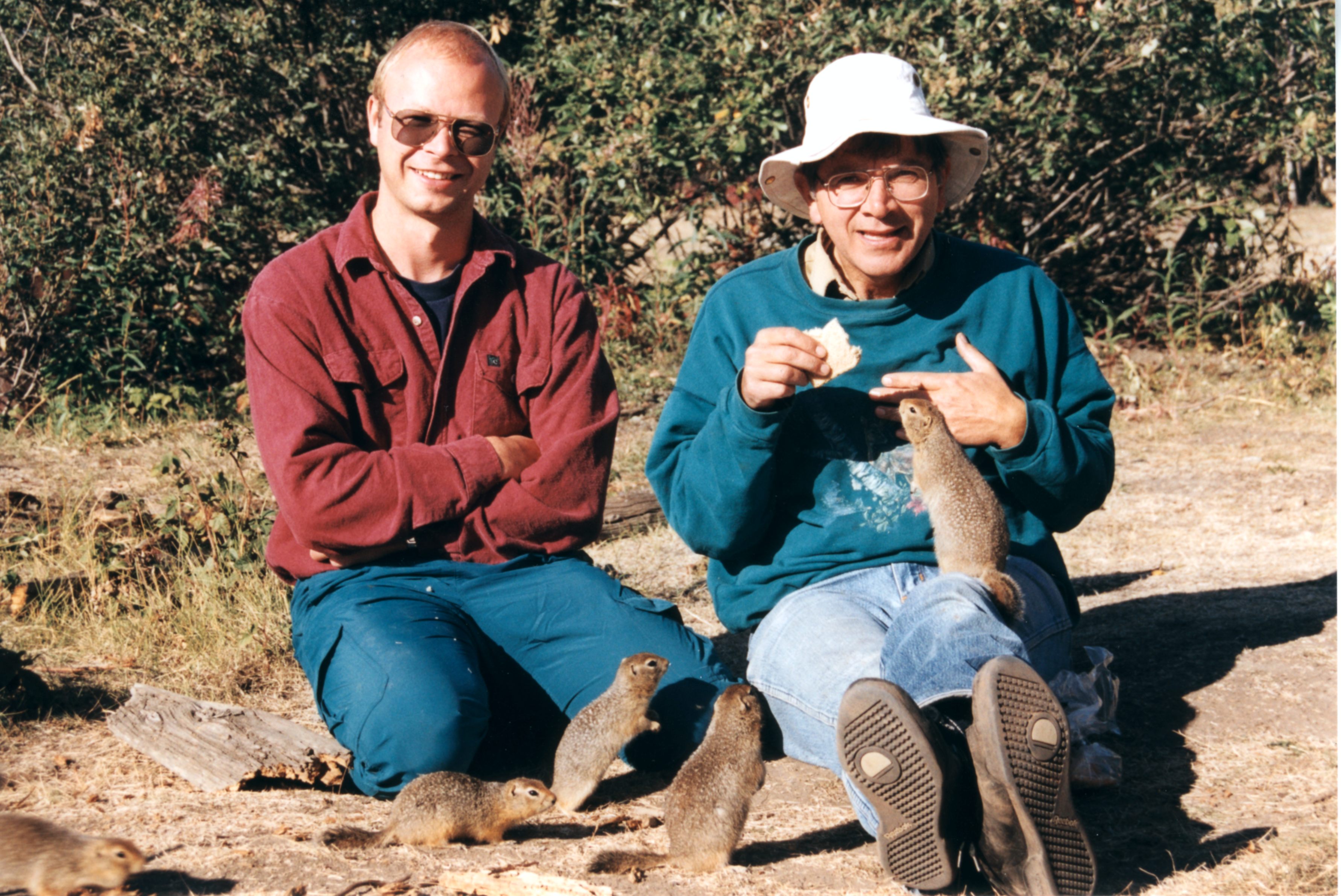The UTSC Library Storytelling Fellowship provides three students the opportunity to spend eight months immersed in the art and practice of storytelling. Successful recipients will be funded to learn about storytelling under the mentorship of Anthropologist Dr. Brenda Beck, and to hone their creativity and performance skills.
UTSC Storytelling Fellows will work to develop, experiment, and execute a variety of storytelling delivery strategies for both online and in-person audiences (including fieldtrips to venues in Scarborough), following all current health and safety guidelines.
In 2023-24, recipients will focus on the rich Tamil epic known as The Legend of Ponnivala (alternately: The Land of the Golden River). Fellows will explore a wide variety of teaching plans and topics for this story and will develop innovative plans and story teaching approaches. Fellows have creative freedom to explore mythical and symbolic themes, social justice issues, economic development and its impact on society, immigration, colonial settlement, aboriginal population marginalization, family descent dynamics and more. Stories will be recorded for the UTSC Library’s Digital Tamil Collections.
Applicants should expect to commit time to assigned background reading and research and to collaborate with the other Fellows in the program.
Duration
September 2023 to late March 2024 with some flexibility depending on student requirements.
Compensation
Students will be awarded an honorarium of $4,000 and can request funding to support some travel and equipment/supplies over the course of the program.
Eligibility and Application Process
Students must be registered at the University of Toronto as a full-time student. Priority will be given to students who are at UTSC or have experience or affiliation with the campus.
Submit unofficial transcripts, a statement of interest, and a CV to dsu@utsc.utoronto.ca by April 28, 2023.
Statement of Interest
In your statement of interest, please indicate:
-
Languages you can speak, read, and write
-
Any instruments you can play or musical expertise you possess
-
Details of your experiences with storytelling/drama clubs or live performance (including languages utilized)
-
How you believe storytelling skills will prepare you for your future, and why.
Students should anticipate spending an average of 10-15 hours a week dedicated to the fellowship, with hours fluctuating depending on plan of work determined in consultation with their supervisor and Faculty mentor Dr. Brenda Beck. Recipients must consent to the recording of storytelling performances and the stewardship of these recordings by UTSC Library. Familiarity with Tamil language and culture will be considered an asset, but lack of knowledge does not disqualify you from applying. Participants seeking a future in education and performance are encouraged to apply, as well as those with an interest in production/digital skills and storytelling methods. Demonstrated experience with storytelling is not a pre-requisite for the Fellowship, although letters of interest should strongly demonstrate the candidate’s interest in developing these skills as well as general enthusiasm for the program.
Students should have computer equipment sufficient to enable participation in remote meetings and performances as part of the Fellowship.
Questions about the Fellowship can also be directed to dsu.utsc@utoronto.ca.
 Curious about data? Ready to dive into the world of data cleaning, wrangling, and analysis?
Curious about data? Ready to dive into the world of data cleaning, wrangling, and analysis?

